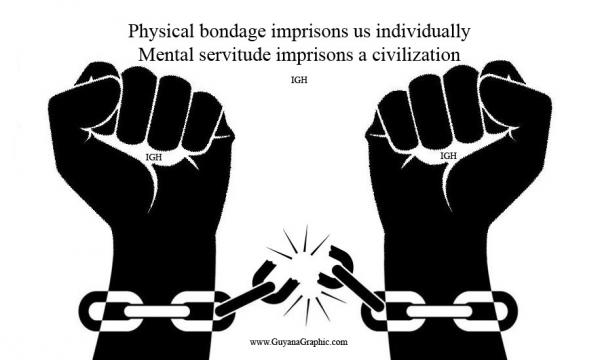Collaboration with forces of exploitation, no matter how tempting the rewards, contributes to division and suffering.
The transatlantic slave trade remains one of history’s darkest chapters, involving the forced displacement and enslavement of millions of Africans. While European powers orchestrated and benefitted enormously from the trade, the role of Africans and other nonwhite individuals in enabling and perpetuating this system of human trafficking is a subject of ongoing debate among historians and scholars. This participation, whether through coercion, economic benefit, or cultural complicity, contributed to the longevity and devastating impact of the slave trade, raising questions about the broader dynamics of oppression and injustice.
Complicity in the Slave Trade
Africa was not a monolith during the era of the slave trade. The continent was home to hundreds of kingdoms, empires, and societies with diverse political structures, economies, and cultures. Some African leaders and elites viewed the burgeoning European demand for slaves as an economic opportunity. They captured and sold war captives, criminals, and rivals into slavery, often as part of long-standing practices of servitude that predated European arrival.
These interactions were not merely transactional but deeply exploitative. Europeans armed certain African factions, deepening inter-tribal conflicts and fostering an environment where slave trading became an inescapable economic engine. While some African leaders resisted, others were incentivized to align themselves with European traders, accepting goods such as firearms, textiles, and alcohol in exchange for human lives.
A Broader Network of Exploitation
The slave trade also saw the involvement of other nonwhite groups, including Arab traders who were active in the trans-Saharan and Indian Ocean slave routes. These routes predated the transatlantic trade and contributed to an entrenched system of human commodification. Arab traders enslaved Africans and transported them across North Africa, the Middle East, and Asia, often perpetuating systems of slavery within these regions.
Some Indigenous groups in the Americas also participated in slavery, albeit on a smaller scale, by capturing and trading enslaved individuals. While many Indigenous communities fiercely resisted European colonization and slavery, others were coerced or incentivized to collaborate, entrenching the cycle of exploitation.
A Costly Legacy of Injustice
The collaboration of Africans and nonwhites in the slave trade extended its lifespan, ensuring centuries of human suffering and systemic oppression. This participation did not come without its own set of consequences. The continent’s destabilization of African societies, the erosion of trust within and among communities, and the long-term economic and social stagnation can be traced to this era.
The alliances forged with European and Arab traders were often asymmetrical, and the supposed benefits—wealth, weapons, and power—proved fleeting. Many African leaders who participated in the trade were betrayed, and their societies weakened or destroyed. The very systems they sought to strengthen through collaboration were irrevocably undermined.
A Missed Opportunity for Unity
What if resistance, rather than complicity, had been the prevailing response? Historians speculate that a unified African front against European incursions could have drastically altered the trajectory of the slave trade. Though resistance did exist—through figures like Queen Nzinga of Ndongo and the various maroon communities formed by escaped slaves—it was not widespread or cohesive enough to counter the immense pressures of European demand and internal divisions.
Shaping the Future
Understanding the roles played by Africans and nonwhites in the slave trade does not absolve European powers of their central responsibility. Instead, it provides a fuller picture of the structural forces and human decisions that allowed such a colossal injustice to persist. It is a reminder of the dangers of complicity and the importance of solidarity in the face of oppression.
The global challenges of the 21st century demand cooperation and integrity. Whether addressing climate change, combating inequality, or protecting human rights, the lessons of the slave trade remind us of the dangers of prioritizing self-interest over collective good. As we move forward, we must resist the allure of short-term gains that come at the expense of others and build systems rooted in equity, justice, and mutual respect.
History has shown that collaboration with forces of exploitation, no matter how tempting the rewards, contributes to division and suffering. The present generation’s responsibility is to ensure that such mistakes are not repeated and that unity and solidarity become the foundation of a more just and equitable world.
Today, the descendants of those who participated in and suffered under the slave trade grapple with its legacy. Healing requires acknowledging uncomfortable truths about collaboration and betrayal while emphasizing shared responsibility for building a more just and equitable future. The story of the slave trade is not just one of oppression but also one of human resilience and the enduring fight for dignity and freedom.
Arthur Ignatius
Chairman
Arthur Ignatius Foundation






